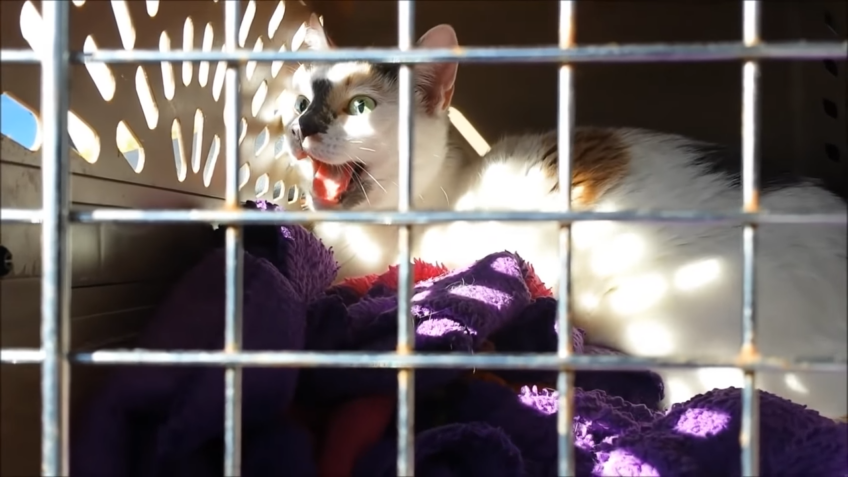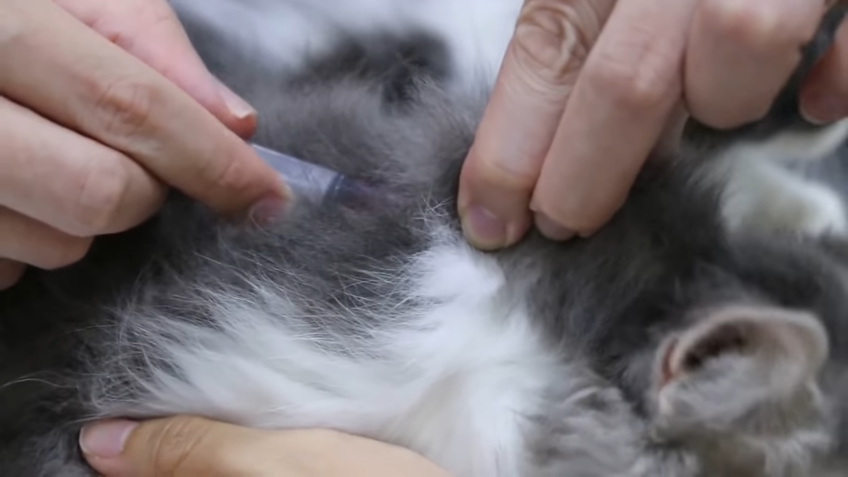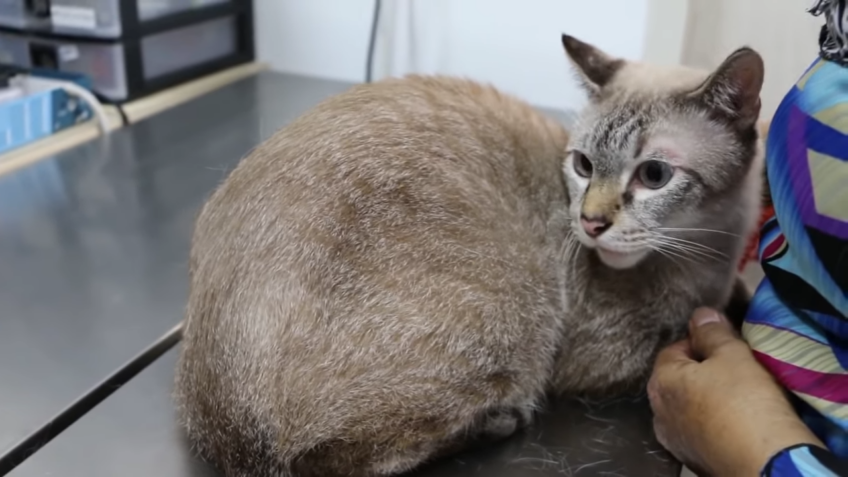Taking a cat to the vet can be quite a harrowing experience. There’s the challenge of getting your cat into the crate for the car ride, for starters. Then there’s the actual car ride and the waiting room. And by the time you get to the exam room, your cat may be so amped up that he or she makes the exam incredibly difficult and scratches or bites the vet.

It’s stressful enough that you may not want to take your cat back at all. And your cat seems fine, so why would you need to? There’s a couple reasons. First, a lot can happen in a year of a cat’s life – especially given that cats live roughly 15 years. And second, cats are incredibly good at hiding disease. By the time you notice any symptoms at home, your cat’s health issues may be so far along that there is little to be done from a treatment standpoint.
Every cat needs a thorough annual exam to catch early warning signs of disease

Cats have many of the same health problems humans do. Kidney disease, liver disease, and heart disease are some of the most frequently-occurring diseases – and the most likely killers. As with humans, we can manage and sometimes cure these conditions with early detection.
An annual visit will include a thorough physical exam and bloodwork for your cat to check for things like weight gain, dental disease, and high blood pressure.
And bonus: many veterinarians now use a series of Fear Free® tactics that have proven to help pets relax throughout the process. A few examples are bringing out the crate a few days before the visit to help your cat get familiar with it, and moving slowly and covering the cat with a towel during the exam.

All pets can benefit from immunizations to live longer, healthier lives.
Many adults have anxiety around getting shots, so we understand our pets’ anxiety as well. However, there are only a handful of core vaccinations that pets need, and they heavily depend on the area of the country you live in. If you live in an area where there’s no Lyme Disease, for example, your pet probably doesn’t need that particular vaccination.

The most important thing to do is consult with your veterinarian about immunizations during your pet’s annual exam. Changes in behavior (for example, an indoor cat becoming an outdoor cat) or location can determine what your vet might recommend. Your vet is the best source of information on required immunizations, as standards can change quickly and he or she will always be up-to-date.

